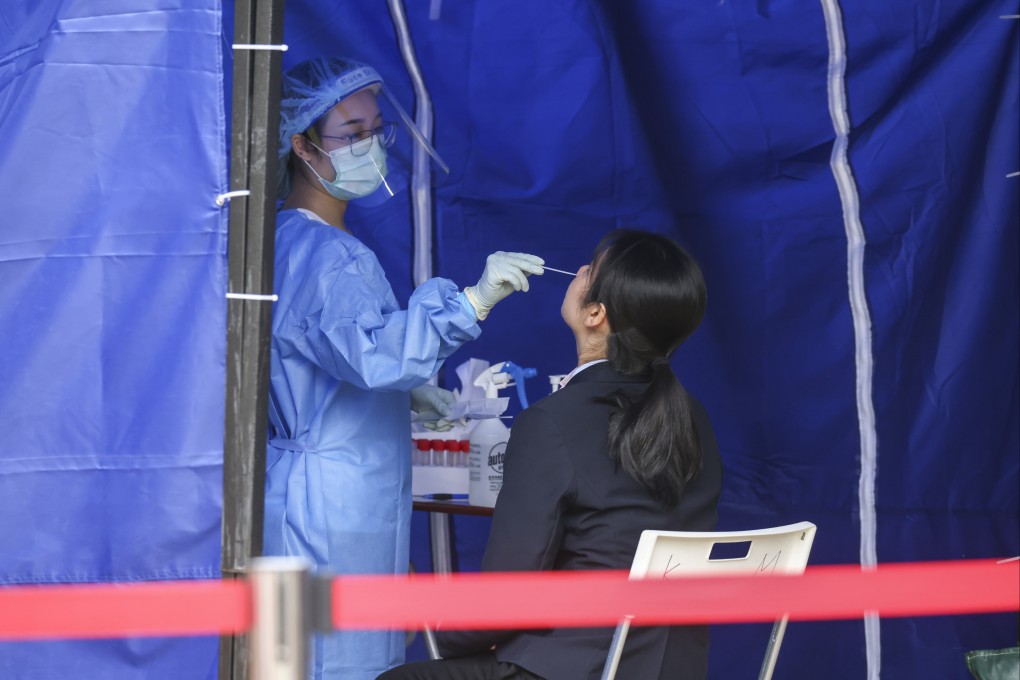Letters | Being zealous about Covid-19 testing won’t make Hong Kong safer
- Readers discuss why focusing on the quality of overseas tests is impractical, and declare Hong Kong unfit for travel until 2024

The following are some facts about the current practices.
How and where a specimen for PCR testing is taken (e.g. nasopharyngeal swabbing versus bronchial washing) affects the test result. This variability is difficult to regulate when both local and overseas test sites are involved.
The test result takes on average 24 hours, and when overseas, one needs to travel to specific labs for the test. At airports, the test can be done within a few hours, but for an exorbitant fee. Thus there are many opportunities to get infected – on public transport, at the airport, at an eating place – after the test.
One could reduce this risk by taking an RAT test before boarding, as this takes only about 20 minutes. However, this option was ruled out on the basis that the test is less accurate, without taking into account the inaccuracy of PCR testing, given the time lag.